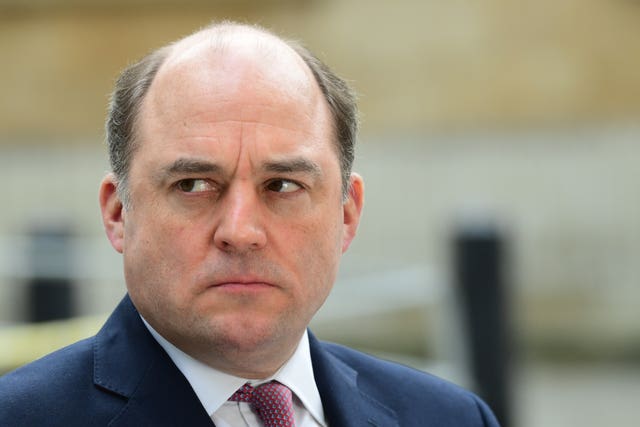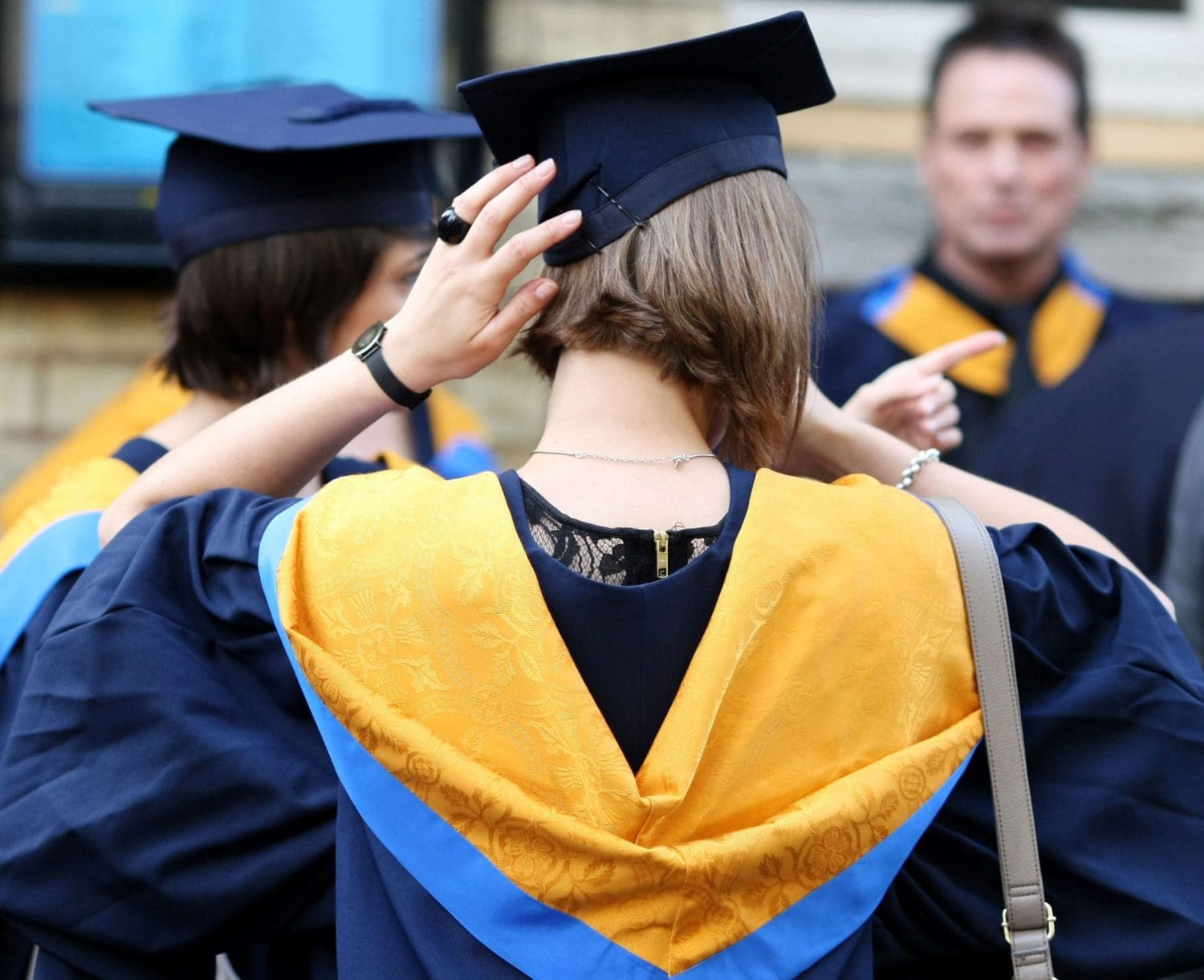“Pervasive racism” underpinned a failure to properly commemorate potentially hundreds of thousands of predominantly Black and Asian service personnel who died fighting for the British Empire, an investigation has found.
The Commonwealth War Graves Commission (CWGC) apologised after its investigation found that those individuals were not formally remembered in the same way as their white comrades.
Defence secretary Ben Wallace will give a statement to MPs on the findings on Thursday, when the report is formally published in full.
The investigation discovered at least 116,000 predominantly African and Middle Eastern First World War casualties: were not commemorated by name or possibly not commemorated at all.

The statistics
The figure could be as high as 350,000, according to the report obtained by the PA news agency after it was first reported by the Guardian.
Most of the men were commemorated by memorials that did not carry their names.
The investigation also estimated that between 45,000 and 54,000 Asian and African casualties were “commemorated unequally”.
Some were commemorated collectively on memorials, unlike those in Europe, and others, who were missing, were only recorded in registers rather than in stone.
A critical discovery
The special committee behind the investigation was established by the CWGC in 2019 after a critical documentary on the issue, titled Unremembered and presented by Labour MP David Lammy.
No apology can ever make up for the indignity suffered by The Unremembered.
However, this apology does offer the opportunity for us as a nation to work through this ugly part of our history – and properly pay our respects to every soldier who has sacrificed their life for us.
— David Lammy (@DavidLammy) April 21, 2021
Originally named the Imperial War Graves Commission, it was founded in 1917 to commemorate those who died in the war.
But the investigation found that the failure to properly commemorate the individuals was:
influenced by a scarcity of information, errors inherited from other organisations and the opinions of colonial administrators.
It added:
Underpinning all these decisions, however, were the entrenched prejudices, preconceptions and pervasive racism of contemporary imperial attitudes,
The response
In its response to the report, the CWGC says it “acknowledges that the Commission failed to fully carry out its responsibilities at the time and accepts the findings and failings identified in this report and we apologise unreservedly for them”.
In a statement CWGC director general Claire Horton said:
The events of a century ago were wrong then and are wrong now.
We recognise the wrongs of the past and are deeply sorry and will be acting immediately to correct them.
Mr Lammy, the shadow justice secretary, said:
No apology can ever make up for the indignity suffered by the unremembered.
However, this apology does offer the opportunity for us as a nation to work through this ugly part of our history – and properly pay our respects to every soldier who has sacrificed their life for us.
“One of the biggest scandals”
Professor David Olusoga said the failure to properly commemorate predominantly Black and Asian service personnel is “one of the biggest scandals I’ve ever come across as an historian”.
He told BBC Radio 4’s Today programme:
These are men who died fighting for Britain in the most appalling war Britain’s ever faced, the war that killed more British soldiers and more Commonwealth soldiers than any conflict in history.
It is a war that deeply changed our culture and part of the impact of the First World War was the power of the way those who fell were memorialised.
When it came to men who were Black and Brown and Asian and African, it is not equal, particularly the Africans who have been treated in a way that is, as I said, it’s apartheid in death.
It is an absolute scandal. It is one of the biggest scandals I’ve ever come across as an historian, but the biggest scandal is that this was known years ago.











